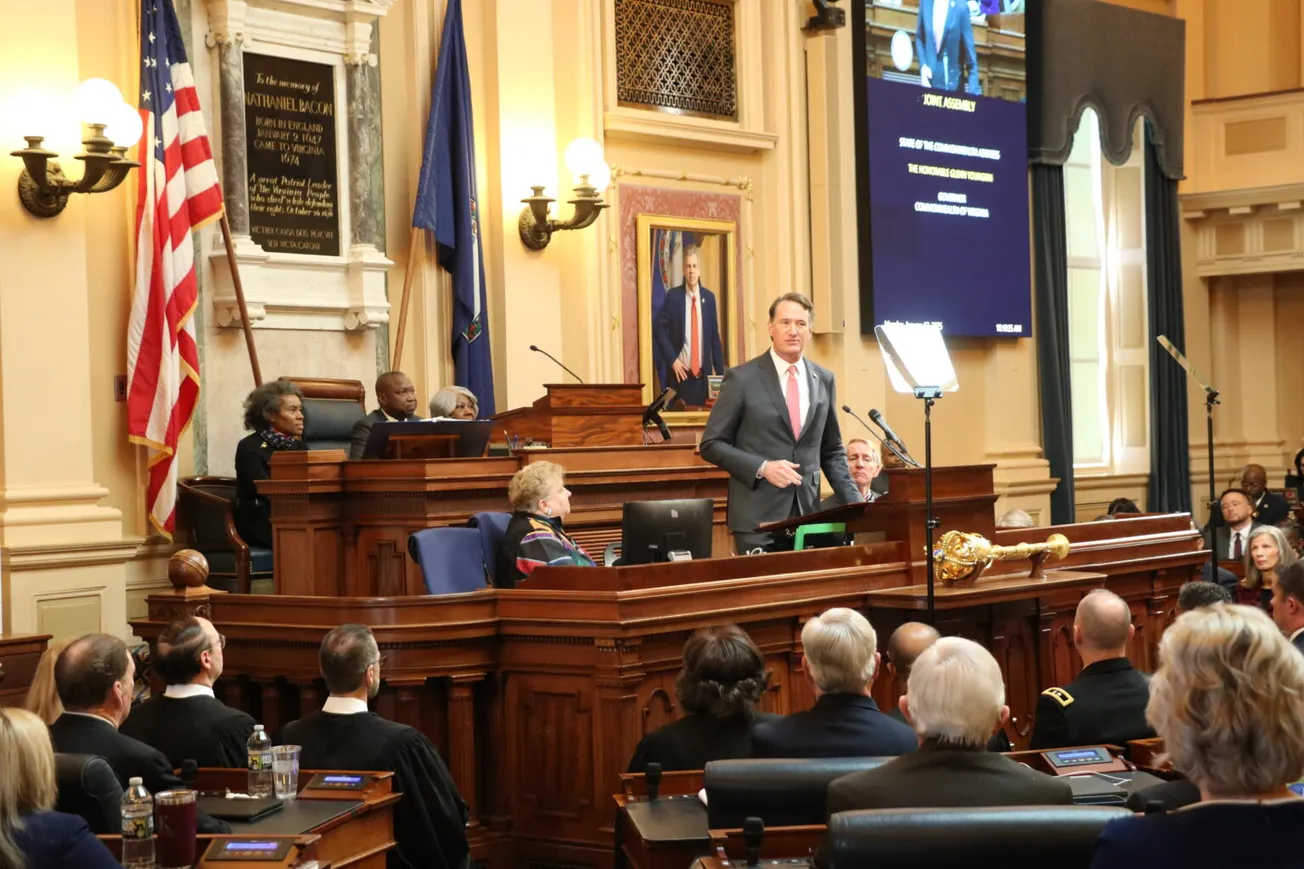Virginia launches probe into Richmond water crisis as legislature begins work
Governor pledges answers after failures expose aging infrastructure as lawmakers return their focus to the 45-day session

Governor pledges answers after failures expose aging infrastructure as lawmakers return their focus to the 45-day session
